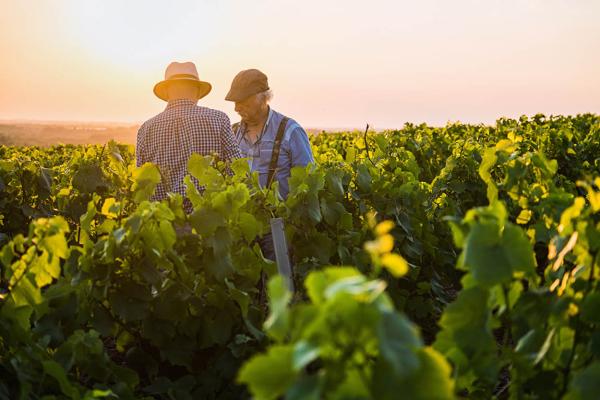Overview
Aromatised wine products are alcoholic beverages produced by adding flavourings to certain wine products as well as other ingredients, such as grape must and/or alcohol, colours and sugars. In the European Union, they are classified into three main categories:
- aromatised wines (e.g. vermouth),
- aromatised wine-based drinks (e.g. sangria and Glühwein),
- aromatised wine-product cocktails.
Aromatised wine products are very traditional in certain EU countries, for example in Italy, Germany, Croatia, Spain and France. Some of these EU countries have asked for the registration and protection of following geographical indications: Vermouth di Torino, Nürnberger Glühwein, Thüringer Glühwein, Samoborski bermet and Vino Naranja del Condado de Huelva.
Related information
Quality schemes explained and geographical indications
Policy
The EU does not support the production of aromatised wine products, which however benefit indirectly from the national support programmes in the wine sector.
The EU provides for a common legislative framework as regards their production and labelling and the protection of geographical indications. Moreover, it is envisaged to include aromatised wine products in the activities of the EU wine market observatory, thus allowing more transparency by means of collecting and disseminating market data and short-term analysis in a timely manner.
Related information
Legal bases
EU regulation 251/2014 – lays down the rules on the production and labelling of aromatised wine products and defines what aromatised wine products are, identifies the specific categories allowed in the EU and outlines detailed rules for their production, description, presentation and labelling. It also lays down the provisions for the registration and protection of geographical indications for aromatised wine products.
EU delegated regulation 2017/670 – sets out the authorised production processes for obtaining aromatised wine products.
Committees
To ensure that the European Commission's responsibility for adopting implementing and delegated acts is exercised under the control of EU countries, various committees and expert groups – composed of government representatives and chaired by a European Commission representative – assist the European Commission.
The committee for common organisation of agricultural markets meets regularly to discuss areas such as the evolution of market prices, production and trade in the EU and non-EU countries. Topics related to aromatised wine products are discussed within the committee and experts group on wine.
The civil dialogue group on wine has the role of assisting the European Commission in maintaining a regular dialogue with stakeholders on all matters related to wine and aromatised wine products.


